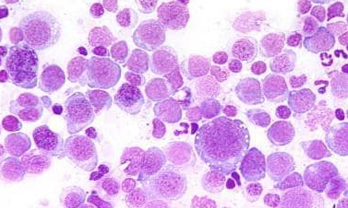Our Services

Myelodysplastic Syndrome (MDS)
Myelodysplastic Syndrome (MDS) is a group of disorders caused by abnormal development of blood cells in the bone marrow. In MDS, the bone marrow does not produce enough healthy blood cells, leading to low counts of red cells, white cells, and platelets. This condition may sometimes progress to acute myeloid leukemia (AML).
Symptoms may include:
Causes may include:
Treatments
Treatment for MDS depends on the severity of the disease and the patient’s overall health. Options include:
Prevention
MDS cannot always be prevented, but risk can be minimized by:
